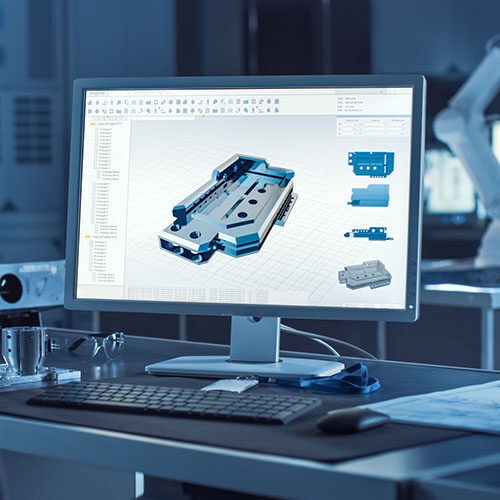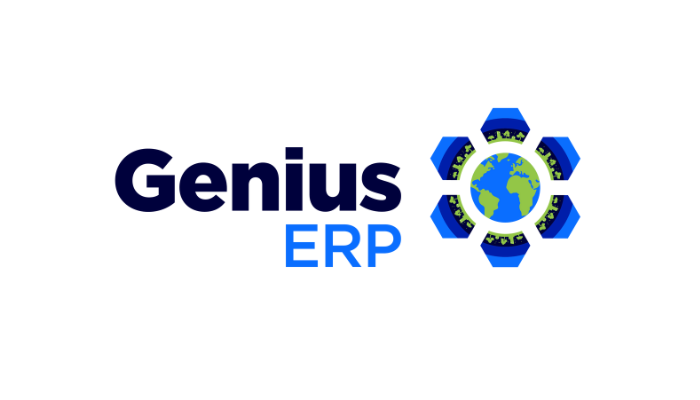
Genius ERP’s Ben Van de Velde was featured in the January episode of Axya’s Data-Driven Supply Chain Podcast. Axya—one of our newest partners—is on a mission to improve how manufacturers manage their complicated supply chains with innovative technological solutions. In this enlightening podcast, Ben discusses his career path and passion for sales, along with the evolution of ERPs over the last 20 years.
Ben has been with Genius ERP for 20 years and has a unique perspective on the manufacturing and technology sectors in Quebec from his years of experience. Read on to discover some insights about the changes he has witnessed over the past two decades, including the evolution of ERPs during this time.
Some of the highlights Ben shares are:
The Early Days of ERPs
In the early 2000s, the landscape of Enterprise Resource Planning (ERP) systems was vastly different from what it is today. With over a hundred ERP systems in Quebec alone, exploring the market felt like navigating a maze. In addition to all these options, horror stories about ERP implementations were prevalent, overshadowing the potential that ERP systems could bring to many businesses.
However, both ERPs and the market underwent many changes in the last two decades. By 2023, the systems left on the market have undergone a huge transformation, moving away from the chaotic landscape of the past. This isn’t to suggest that the journey from the early 2000s to the present day was without challenges—it was marked by stories of implementation failures and systems ill-equipped to meet the evolving needs of businesses.
In the early days of ERPs, a lot of subpar ERP products existed in the marketplace. Many businesses, spurred on by the IT boom of the early 2000s, delved into the newly developed ERPs, only to encounter numerous inferior systems. These poor options resulted in a deluge of horror stories as businesses struggled with the consequences of bad systems, inadequate training and poor implementation processes.
But, as time progressed, catastrophic failures became less commonplace. Collective knowledge about ERPs grew, more businesses understood their needs and preferences, and better options entered the marketplace. With a better understanding of ERP systems, businesses became more discerning in their selection process, avoiding the pitfalls that had plagued earlier implementations.
Where ERPs Are Heading Today
In the quest for continuous improvement, businesses are now seeking to unlock the full potential of ERP systems. The advent of artificial intelligence (AI) over the last few years has heralded a new era of possibilities, offering insights, analytics, and efficiencies previously unimaginable. While AI integration presents significant challenges, its potential to revolutionize ERP functionality is undeniable.
Looking ahead, ERP systems show no signs of slowing down. With each passing year and new iteration, ERPs are becoming more sophisticated and more adaptive, and are now indispensable to businesses of all sizes. As manufacturers navigate the ever-changing landscape of technology, one thing remains clear: The journey from chaos to excellence is not only a demonstration of resilience but also a testament to the transformative power of innovation.
To hear more of Ben’s conversation with Axya and what he has to say about ERPs, you can watch a recording of this podcast (available only in French) on YouTube.
Thank you to both our partner Axya and Ben, for sharing these insights with us!
Get your eBook Scared to implement a new ERP?
"*" indicates required fields



